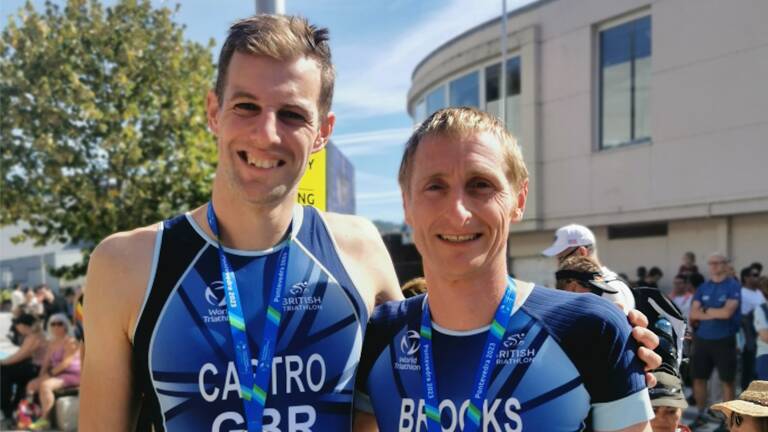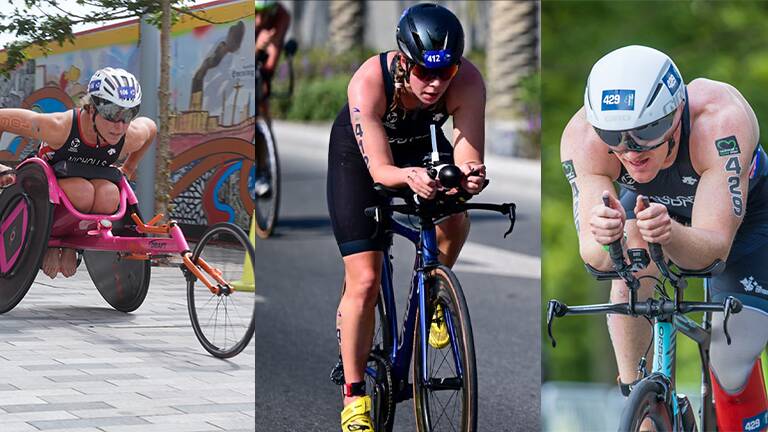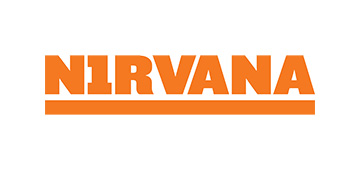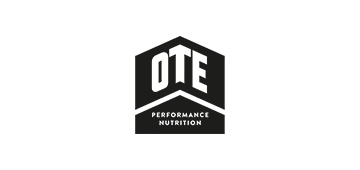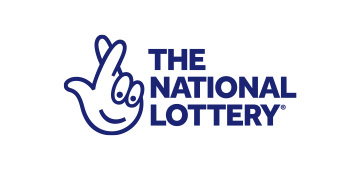Following last month’s COP26 gathering in Glasgow, British Triathlon’s Sustainability Commission have continued to work towards defining the role of the sport in a sustainable future.
Jenny Ekelund is the Vice-Chair of the British Triathlon Sustainability Commission, member of Oxford Tri Club and Director of Engagement and Green Transition at The Partnering Initiative, an independent non-governmental organisation that supports effective cross-sector partnerships for sustainable development. Having attended the gathering in Glasgow, she shared some of her thoughts on it and the important role of sport in achieving sustainability goals.
“COP26 was the world’s chance to make a plan to stay within 1.5c of warming,” Ekelund started. “You could say how could British Triathlon not be there as a responsible governing body. It was very important for British Triathlon to be there to understand the challenge ahead and how it’s going to contribute.
“I think it [the British Triathlon Sustainability Commission] can really galvanise and set an example for other sport governing bodies for how this can be done, but also how this can be done in an inclusive and authentic way.
“It’s very easy to draft an environmental policy but it might not be particularly well suited to what you’re trying to achieve, and I think what we’re trying to achieve with the commission is really think through what does sustainability mean for British Triathlon, what are the areas we can most usefully focus on both to reduce our sport’s negative impact on the environment, but also importantly to increase the positive impact that we have.”
Ekelund highlights how the physical and mental benefits of sport have been well established, but that there is still work to be done to highlight how sport and active lifestyles can have a positive environmental impact.
Having been established towards the end of this year, the British Triathlon Sustainability Commission are beginning their journey to defining and drafting a sustainability policy to consult across the sport from.
In her role on the commission, she is helping to lead on the early stages of their review into the role that triathlon has in working towards the United Nations Sustainable Development Goals (SDGs), with sustainability viewed across multiple spheres and not just environmental.
Two of the initiatives that British Triathlon have already signed up to are the UN Framework Convention on Climate Change Sports for Climate Action Declaration and Race to Zero, a UN backed programme aiming to have zero emissions by 2040.
“Race to Zero gives us accountability because we’ve signed up to a target and to creating an action plan to achieve it,” Ekelund continued. “We have this unique opportunity as a sport to engage and communicate on sustainability and this is something we’ve signed up to as part of the framework, to communicate the connections between sport and climate change.
“Often we don’t think of sport as having a huge impact [on the environment]. When you think of sectors having an impact on the environment, you think of travel, the big oil and gas industries for example, but, in fact, sport is a multi-billion dollar business and has an environmental impact in all areas.
“When an athlete buys kit, that is using resources. The events that are put on and travel to the events. Everything we do has an impact on the environment, positive or negative, it might just not be as obvious to us as it would be if we were working for a car company for example.
“I think the best way to understand it is to look at the 17 SDGs that are a shared template to make progress across environmental and social goals. Sport has made a lot of progress, and triathlon in particular, in areas such as gender equality, and sustainable production and consumption is incredibly important in sport.
“The SDGs are a really good template and we’re going to be using them in the commission’s work to map out where triathlon’s impacts sit.”
Starting with the SDGs will enable the Sustainability Commission to narrow down and focus its work by identifying the areas of the sport that are highlighted through reviewing swim, bike, run through the SDGs.
The commission will then start drawing together an action plan from the SDGs that have been identified as where triathlon can have an impact, consulting across the sport to produce the finalised action plan that will have been inputted in to from levels of triathlon.
“We will be asking the community to help us develop it, so there will be plenty of chances to get involved in shaping the action plan,” Ekelund concluded.
“I’m part of Oxford Tri Club and I’ve already had some conversations where people have given their ideas very informally, and that will start to feed through because I think it’s one of our sports greatest strengths that we are embedded in the communities.
“The clubs are the lifeblood of triathlon in this country. I think it’s a great opportunity for clubs and athletes to get involved and contribute their ideas so it’s more of a shared action plan and not something that British Triathlon have imposed so that we really make this commitment happen.”
Find out more about the sustainability commission below.





